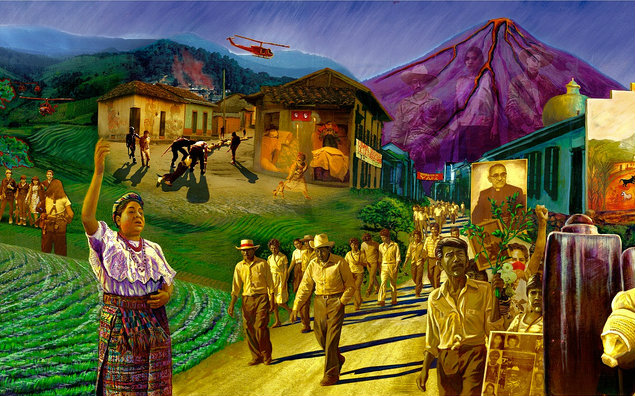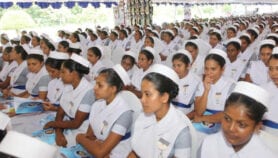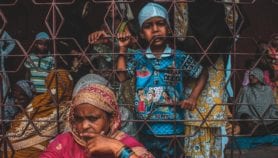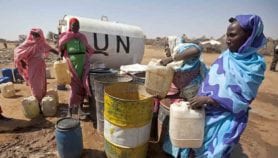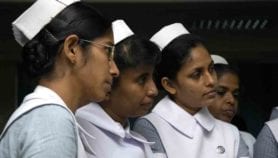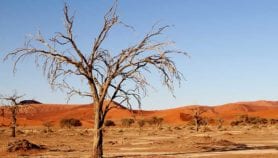By: Max Martin
Send to a friend
The details you provide on this page will not be used to send unsolicited email, and will not be sold to a 3rd party. See privacy policy.
Though a bit dated, the story is nothing short of sensational. Two studies published earlier this year in Nature and Science suggest that genes from Neanderthals — an early species of human — helped our Homo sapiens ancestors to adapt to the new environments of Europe and Asia when they first migrated out of Africa over 60,000 years ago. These new genetic resources literally allowed modern humans to go forth, multiply and inherit the earth. [1,2]
The news reminds us that people have been on the move ever since they became people, and our movements have affected the development and survival of our species.
And today migration is more widespread than ever. In fact, some academics are suggesting that, as movement becomes ever easier, we now live in an age of migration. And it’s not just genetic resources that we exchange nowadays: human movements contribute to global development by transferring and merging ideas, skills, and technologies.
As migrants and ethnic minorities increasingly shape the politics, culture and economics of their host countries, it is important to acknowledge the benefits of migration, as well as the challenges it poses.
There is much political debate about the pros and cons of migration. Some say it improves the distribution of income; others argue that it can foster economic dependency on remittances sent from a country’s emigrants. But studies that look at the long term effects of migration are showing that it stimulates development both in the country of origin as well as their destinations. [3]
But experts admit that few studies examine migration with this longer-term perspective. Perhaps partly as a result of this dearth of information, migration policies often lack a long-term, rational and tolerant view. Meanwhile on the ground, migrants face barbed wire, leaky boats and even bullets at national borders.
What we need instead are rational migration policies that recognise movement as an integral and beneficial aspect of the human condition. Migration has been aiding and shaping humans for millennia, after all. It is good for the evolution of economies, cultures and people.
Max Martin is a doctoral candidate at the University of Sussex, United Kingdom, researching on climate-related migration. The views expressed are his own.
References
[1] Ed Yong Surprise! 20 Percent of Neanderthal Genome Lives On in Modern Humans, Scientists Find (National Geographic, 29 January 2014)
[2] The Human Journey: Migration Routes (National Geographic, accessed 4 March 2014)
[3] Mizanur Rahman Temporary migration and changing family dynamics: implications for social development (Population, Space and Place, March/April 2009)


